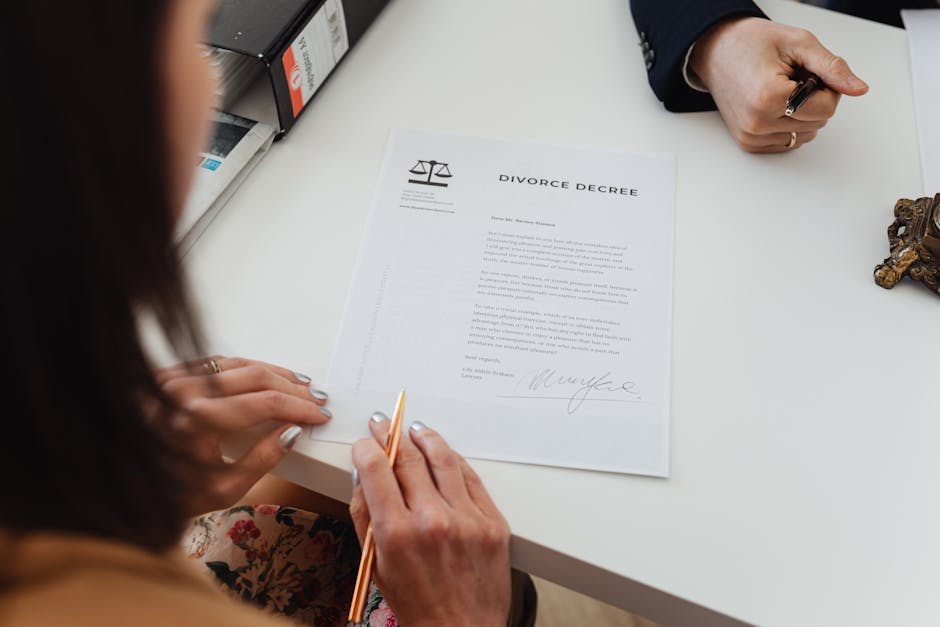A cornerstone of the legal process is the litigant. This individual, or group of individuals, initiates the legal action, presenting their case and seeking a resolution from the court. Litigants, whether plaintiffs or defendants, have a vested interest in the outcome and bear the burden of demonstrating their claims or defences. Their engagement, through legal representatives, is pivotal in shaping the course of proceedings. A crucial factor to consider is the capacity of the litigant. Minors, incapacitated individuals, or those with complex legal issues may require legal guardians or guardians ad litem to navigate the intricacies of the legal process.
Central to a litigant’s efforts is a legal professional, commonly known as an attorney or lawyer. Their expertise in legal principles, procedure, and evidence is paramount in representing the litigant’s interests. Attorneys are tasked with constructing a compelling case, examining evidence, and presenting arguments before the court. Different types of lawyers specialize in various areas of law, such as criminal law, contract law, or family law, providing specialised counsel to their clients. Their strategic prowess in legal advocacy directly influences the trajectory of the case. An essential element of the attorney’s role is ethical conduct, a responsibility that shapes the integrity and fairness of the legal process.
The judiciary plays a crucial and impartial role in the legal process. Judges, entrusted with the authority to preside over trials and hearings, maintain order and ensure adherence to legal procedures. Their decisions are based on applicable laws and evidence presented in court. Their objectivity and impartiality are critical to achieving a just outcome. Different levels of judiciary exist, each with varying jurisdictions. Supreme courts establish precedent, interpreting laws and guiding lower courts, whilst lower courts adjudicate cases within their geographical limits. The judicial appointment process, and the methods of judicial review, often play a crucial role in ensuring that the judiciary functions efficiently and with legitimacy.
Beyond the direct participants, several supporting roles contribute to the smooth operation of the legal system. Court staff, including bailiffs and clerks, manage administrative tasks, schedule hearings, and maintain accurate records. Their meticulous work ensures the efficient flow of cases through the court system. Paralegals, working alongside attorneys, conduct legal research, draft documents, and assist in numerous aspects of case preparation. These supporting roles ensure that the complex machinery of the legal system functions effectively and efficiently.
Expert witnesses often hold a critical role. Their specialised knowledge provides evidence and insights on various facets of the case. Medical experts, financial analysts, and other specialists contribute crucial information that assists the court in reaching informed judgments. Their testimony is scrutinized, tested, and evaluated to determine its credibility and relevance to the matter at hand. The quality and reliability of expert witnesses heavily influence the weight afforded to their testimony.
Law enforcement agencies play a vital role in investigations. These agencies collect evidence, conduct investigations, and arrest individuals suspected of committing crimes. Their meticulous work ensures that investigations are conducted fairly, that evidence is gathered properly, and that justice is served. Furthermore, their roles in maintaining public order and security are essential to the larger functioning of society. A crucial function of law enforcement is to investigate crimes, apprehend suspects, and gather evidence to establish probable cause.
Prosecutors, representing the state or government in criminal cases, present the case against the accused. Their duty lies in ensuring justice is served by bringing charges and proving the guilt of the accused beyond a reasonable doubt. Their ethical conduct, maintaining fairness, is essential to ensure a just and unbiased trial. A balance must be struck between prosecuting the accused and ensuring that the rights of the accused are upheld throughout the process.
Defence attorneys represent individuals accused of crimes. Their responsibility is to protect the rights of the accused, ensuring a fair trial and presenting any evidence that could exonerate their client. Their role is critical to ensure that the legal process is fair and equitable. Effective and ethical defence is essential, upholding fundamental principles of due process and ensuring that the innocent are not wrongfully convicted.
Finally, the legal support system, comprising organizations like public defenders’ offices and legal aid societies, plays a crucial role in providing assistance to individuals who cannot afford legal representation. These organizations offer essential support to those who require legal aid in navigating the complexities of the legal system. Their services are vital in ensuring equal access to justice for all. The efficient and effective functioning of these organizations is fundamental to the principles of fairness and equality enshrined within the legal system.
In conclusion, the legal process is a multifaceted operation involving a multitude of key players. From the litigants and their legal representatives to the judiciary, support staff, and law enforcement agencies, each participant contributes to the administration of justice. Understanding their roles and responsibilities is crucial in appreciating the intricacies and complexities inherent in the legal system. The interplay between these diverse actors shapes the outcome of cases and ensures the upholding of the law, contributing to a just and equitable society.
